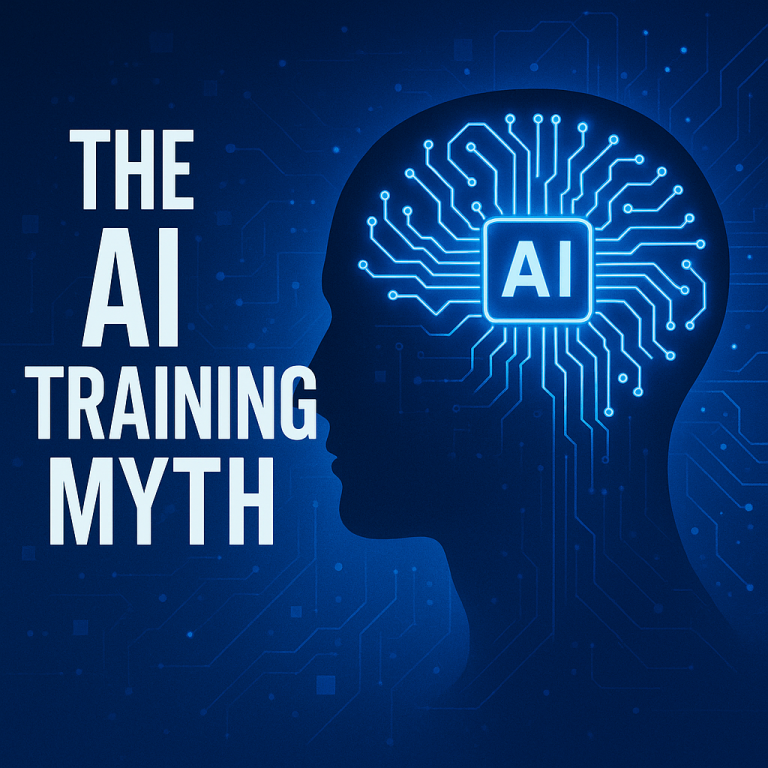If you work in Human Resources (HR), you’ve likely experienced misunderstandings about what your role entails. HR departments are often unfairly criticized, which can hinder organizational collaboration and deter people from pursuing careers in the field.
I. Common HR Stereotypes (and What’s Actually True)
1. HR Only Handles Admin Work and Bureaucracy
Stereotype: HR is just about paperwork and low-value tasks.
Reality: Administrative responsibilities like record keeping and policy oversight are vital, but HR is much more than that. HR’s core goal is to unlock employee potential to drive organizational success. HR professionals serve as business partners who lead change initiatives and support long-term company growth.
2. HR Operates in a Silo
Stereotype: HR works independently without collaborating with other departments.
Reality: While confidentiality limits how much HR can share, the department must collaborate across teams. Modern HR works closely with leaders to design strategies, share insights, and improve communication—often facilitated by HR software.
3. HR Lacks Business and Data Acumen
Stereotype: HR doesn’t understand how the company makes money or how to use data.
Reality: Effective HR professionals must be both business-savvy and data-literate. From analyzing turnover rates to making evidence-based decisions, HR plays a strategic role in workforce planning and organizational effectiveness.
4. HR Ignores Employee Complaints
Stereotype: HR listens but takes no action.
Reality: In mature organizations, HR follows clear protocols for handling complaints. Fair investigations, active listening, and ethical responses are cornerstones of trustworthy HR practices.
5. HR Only Serves Company Interests
Stereotype: HR protects the company, not the employees.
Reality: Competent HR professionals balance business goals with employee advocacy. HR is both a policy enforcer and a trusted advisor who listens and acts in employees’ best interests.
6. Anyone Can Do HR—No Special Skills Needed
Stereotype: HR is an easy career anyone can enter.
Reality: Successful HR professionals possess specialized knowledge in business strategy, data analysis, and core HR functions. They also excel in soft skills like communication and emotional intelligence.
7. HR Ruins the Fun
Stereotype: HR is the “fun police” who punish harmless behavior.
Reality: While HR enforces workplace conduct, it also builds inclusive cultures and leads team-building events, onboarding programs, and company-wide celebrations.
8. HR Is Just About Hiring and Firing
Stereotype: HR is only responsible for recruitment and termination.
Reality: HR oversees the entire employee lifecycle—from hiring and onboarding to performance management and career development.
9. HR Only Cares About Rules and Procedures
Stereotype: HR is obsessed with checklists and compliance.
Reality: While policy design is important, HR’s broader mission is to align people strategy with legal, ethical, and business goals.
10. HR Is Not Creative
Stereotype: HR is boring and lacks innovation.
Reality: HR professionals must think creatively to design hybrid work policies, adapt to labor market shifts, and enhance benefits packages.
11. HR Acts Like Babysitters
Stereotype: HR professionals are overly concerned with employee well-being at the cost of business needs.
Reality: Strategic HR teams focus on aligning people with business goals, solving workforce challenges, and driving performance.
12. Technology Will Replace HR
Stereotype: AI and automation will eliminate HR jobs.
Reality: Technology enhances HR by automating repetitive tasks, allowing HR professionals to focus on strategic, human-centered initiatives.
13. HR Exists Only to Prevent Lawsuits
Stereotype: HR is a legal buffer for the company.
Reality: HR protects both the company and its employees by preventing issues from escalating and maintaining a healthy workplace culture.
14. HR Doesn’t Understand Other Departments
Stereotype: HR professionals are out of touch with business operations.
Reality: Today’s HR leaders must understand the business landscape, making them valuable partners in tackling company-wide challenges.
15. HR Slows Things Down With Red Tape
Stereotype: HR delays processes like hiring and training with too many procedures.
Reality: Structured HR processes ensure fairness and compliance. With the help of technology, modern HR teams are becoming more agile and efficient.
II. How HR Can Combat These Stereotypes
To shift perception and enhance collaboration, HR should:
- Improve Communication with Employees:
- Engage in meaningful 1:1 conversations.
- Act on feedback.
- Provide context for organizational changes.
- Strengthen Cross-Department Relationships:
- Assign HR liaisons to each team.
- Regularly align with managers and team leads.
- Use Data Strategically:
- Track and report on KPIs like retention and engagement.
- Show how HR contributes to business outcomes.
- Develop New Skills and Capabilities:
- Improve communication, creativity, empathy, and fairness.
- Upskill in AI, data analysis, and leadership.
III. Building a Positive HR Reputation
Here’s how to reposition HR as a strategic powerhouse:
- Align HR Value with Business Outcomes:
Use data and storytelling to highlight HR’s impact on success metrics. - Elevate HR’s Authority:
Clarify HR’s role and share real examples of success in other organizations. - Set Transparent Standards:
Collaborate with departments on service benchmarks and use dashboards to track progress. - Make HR’s Impact Visible:
Promote wins, showcase metrics, and highlight the team’s contributions. - Invest in HR Skills:
Encourage continuous learning and cultivate a well-rounded HR team. - Balance Investments with Expected Outcomes:
Build strong business cases for HR projects to demonstrate ROI.
In recent decades, the HR function has evolved significantly—but outdated stereotypes still linger. HR is a dynamic, challenging field requiring a diverse skill set. By actively debunking myths and showcasing value, HR professionals can reshape how they are perceived and strengthen their impact across the business.


